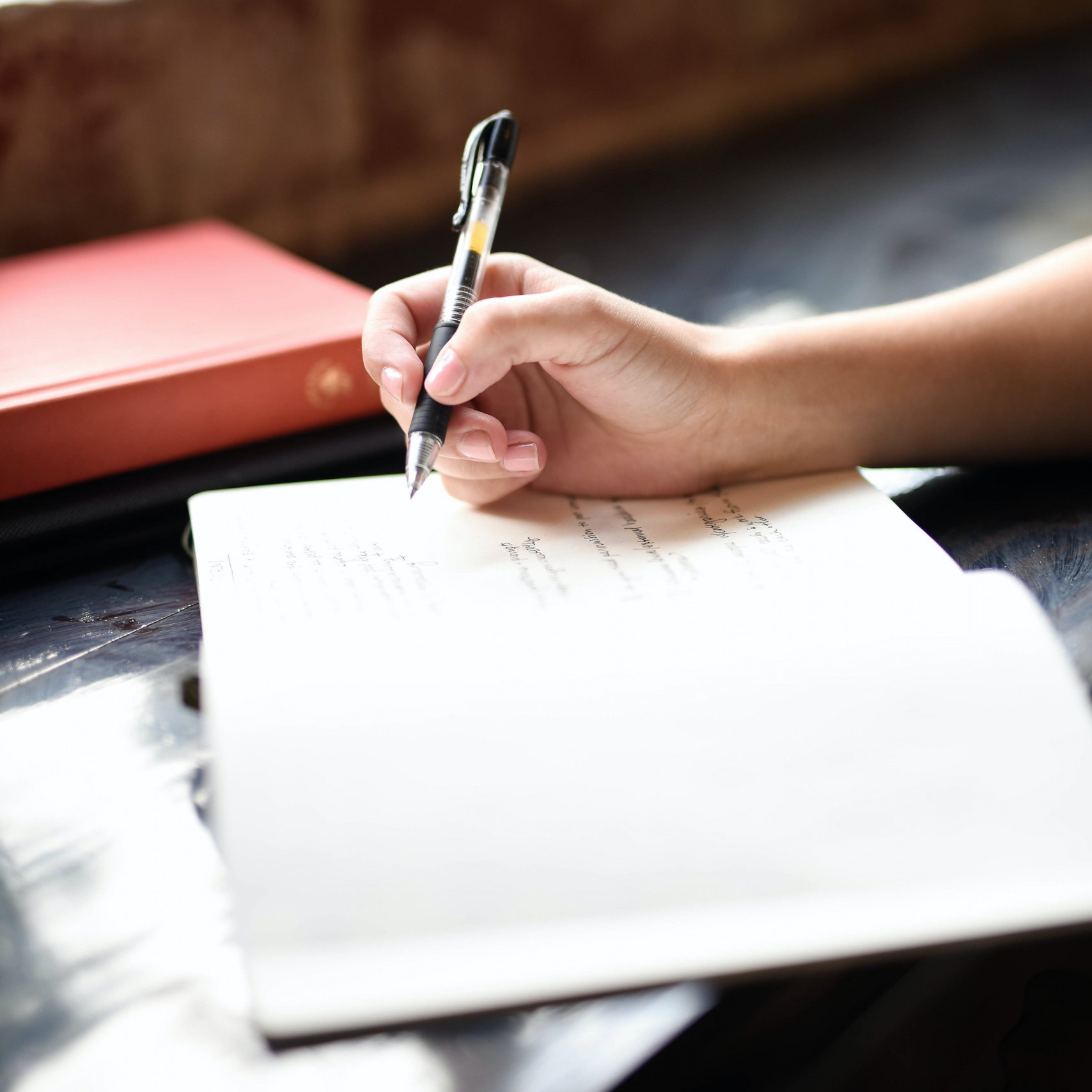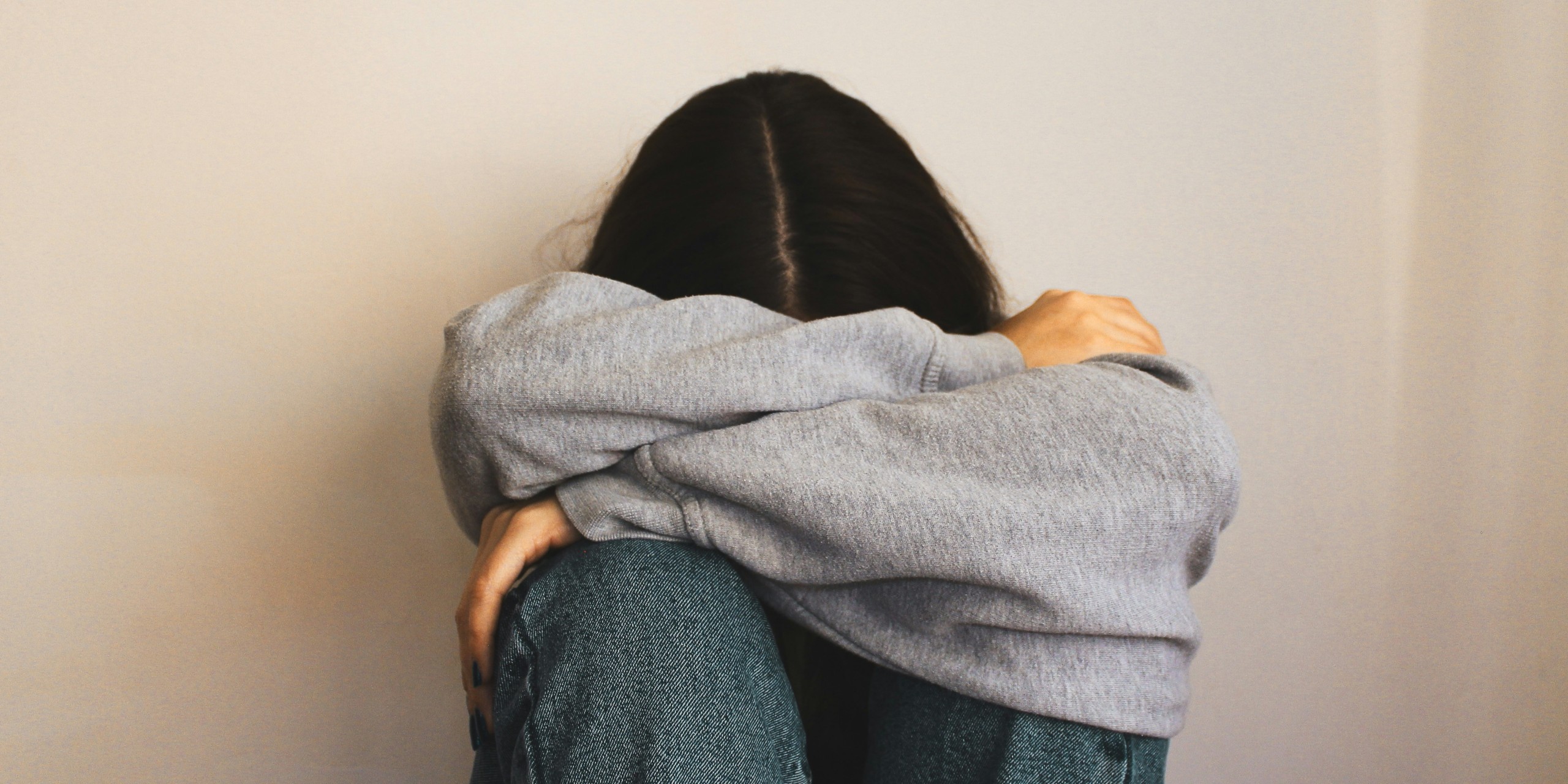Relapsing into Darkness: My Journey Through Binge Eating Disorder and Back
Trigger Warning: This blog contains detailed discussions of eating disorders, including Binge Eating Disorder and Bulimia.
Binge Eating Disorder is one of those eating disorders that is not spoken about enough. Unfortunately, many of us became hyper-aware of our weight and the concept of calories from a very young age. Now, I have always liked to eat, and that part about me has not changed, but a lot about me has.
Growing up in a health-conscious household has more cons than pros. I was always taught that there were bad foods and good foods. I remember how much I used to weigh at ten years old, and I remember thinking that I was too heavy. Unfortunately, my environment encouraged restriction. I am sure many of us remember those toxic fad diet books. You may have had a few dotted around your house, I did. I was not an overweight child, but in my teen years, I attempted many restrictive diets, which eventually led to a binge eating disorder. I would restrict until my body’s natural response took over and I would binge eat. This resulted in me becoming very overweight during my teen years, something that could have been prevented if I had responsible adults who never exposed me to this behaviour.
Fast forward to lockdown. I am sure we all remember how everyone was talking about weight gain due to moving less. This triggered something in my brain. Being very overweight already, I could not stand the thought of gaining any more weight, so I went back to restricting. I would restrict and then binge. I was gaining more weight, becoming more self-conscious and miserable throughout lockdown. The sad thing about eating disorders is that one is often followed by another. During this time, I developed bulimia. When I would eat massive quantities of food, my body either could not handle it, or I would deal with it myself. This was an extremely dark time. I was still engaging with diet content online and stumbled across vlogs about “intuitive eating.” I had never heard of this term before. It simply meant that it is okay to eat, and it is okay to stop eating when full. This was brand new information to me. I was always taught that eating “bad” foods would lead to weight gain.
After discovering intuitive eating, I still continued to restrict and binge. Not because I did not believe in it, but because I could not trust myself around certain foods. After years of engaging in this behaviour, I had to learn how to eat again, which naturally took time.
In between the first and second lockdown, my friend asked me to go to the gym with her. I accepted. I instantly fell in love with strength training. It improved my mental health and helped my hunger cues return to normal. Even with fitness, it still took time for the binge and restrict cycle to end, but it eventually did. Around December 2020, I remember eating a meal and having no urge to binge afterwards. It felt like I had magically stopped, but looking back, it was the result of the work I had put into intuitive eating. I stopped looking out for calories, I stopped labelling foods as good or bad, and naturally, my weight began to reduce.
For a couple of years, I was free from the binge and restrict cycle. I will not lie and say everything I ate was nutrient-dense, because it was not, but I was finally free. People were noticing. I was often asked how I lost so much weight and what food groups I cut out. I never had an answer that sounded logical. I would say, “Oh I just started going to the gym,” which was technically true, but you cannot casually mention that overcoming an eating disorder is what led to the weight loss.
After this, I went off to uni. I had confidence, I was happy, and I thought the binge and restrict cycle had ended for good. I developed a more neutral relationship with food. Food no longer controlled my life. I was still active in the gym, not living the healthiest lifestyle because of university culture, but the binge and restrict urges were gone for a while.
Fast forward to 2024, the year of my graduation. I had already secured a full-time job before graduating, but I began to fall into a depressive episode. I had experienced mental health struggles before, but nothing like this. I was miserable, snappy, and unhappy. I stopped fuelling my body properly, which resulted in me falling back into the binge and restrict cycle. I was so disappointed in myself because it felt like all the work I had put into intuitive eating was for nothing. It made me question whether I had ever truly healed. I was not eating due to deep sadness, and when my appetite returned, I would binge. The gym has always been a constant, but now I would punish myself. I would lock myself in my room, telling myself I was not allowed to work out. Sometimes I would get to the gym changing rooms, then leave and go home to binge because I could not deal with how I felt.
I tried to recover again. I sought therapy, I tried intuitive eating, but nothing seemed to work. It got to a point where I accepted the eating disorder. I thought I was broken, so instead of fighting off the urges, I gave in. Along with binge eating, the bulimia returned. It was different this time. In my teens, I did not fully understand the consequences. But now I did. I knew the damage I was doing to my body, and all I felt was guilt.
Eventually, I reached a breaking point. I thought, “I would rather die than continue living like this.” I did not go through the traditional route of therapy again. From my experience, many therapists do not understand binge eating disorder. They could not grasp that this pattern of behaviour is something your brain is wired to do due to a repetition of this cycle. The “go for a walk” and “distract yourself” advice (which I think is great) was very short-lived. I decided I did not want to distract myself and I needed to stop ignoring this problem. In December 2024, I reached out to a fitness coach I had followed for a while, who specialised in helping people heal their relationship with food. My coach helped me realise that I did not have a self-control issue and that I clearly did not want to engage in this behaviour. This was just the result of over-restriction.
I had to channel the version of myself at 17, who was desperate to end this cycle. I had to relearn how to eat properly, and this time it looked different. When I began coaching, I included as many treats as I could into my diet, just so I knew I could have them if I really wanted to. I soon realised I did not feel great. I never felt satisfied, and I lacked energy for my workouts. I still love sweet treats, but now things have changed. I prioritise giving my body mostly what it needs and some of what it wants. The journey has not been smooth. I did have a binge after starting coaching. After that binge, I made it a point to read books about binge eating and listen to educational podcasts to really understand the behaviour. In doing this, the urges began to fade until they disappeared.
Fast forward to now, I am in a much better place mentally. I quit my job, I am happy, and I am not constantly thinking about food. I am learning new things about nutrition every day.
What I have learnt is the thing that scares you the most might just be what saves you. For me, this was gaining a real understanding of my eating disorder and nutrition. If you have an eating disorder, you are not alone. Please do not think it will magically go away on its own. You have to face it head-on. Take whatever measures that you need to take because an eating disorder will ruin your life in so many ways, it’s not worth it.
If I can recover, anyone can.

Contributed by Chibia B. Omeje
Guest Writer

